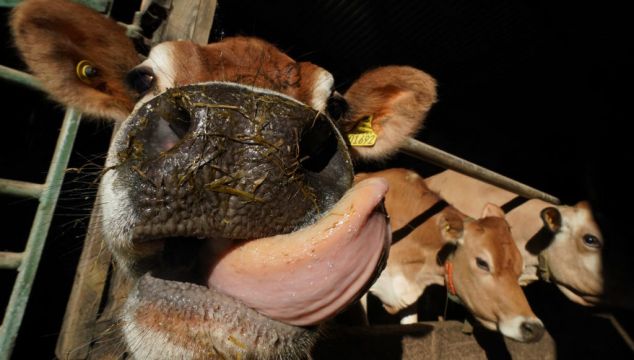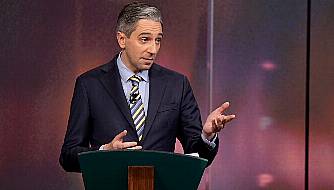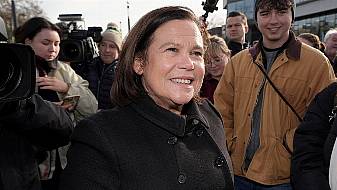Measures must be introduced to enable farmers and agriculture contractors to harvest as much high-quality silage as possible this year in order to alleviate any potential fodder crisis this winter, according to the Association of Farm and Forestry Contractors in Ireland (FCI).
Facing into the silage season, farmers and contractors are struggling with both the supply and cost of fuel and fertiliser, impacted by the ongoing war in Ukraine, while Brexit is also causing supply chain delays.
Speaking to Breakingnews.ie, FCI chief executive Michael Moroney said the Government must ensure farmers and contractors have adequate supplies of fuel to enable them to carry out their work during the silage season.
Mr Moroney said intervention is also desperately needed to address the cost of fuel, an issue which is hitting contractors particularly hard as, unlike individual farmers, they are not eligible for carbon tax relief on agri-diesel.
Calling for the relief to be extended to contractors, Mr Moroney explained that 90 per cent of the national silage harvest is carried out by contractors, meaning they will be most impacted by recent fuel price increases which have seen agri-diesel double in price per litre since November.
Feed, fertiliser and fuel
While the rising of cost of fuel is a concern, Mr Moroney said the availability of agri-diesel is an even more pressing matter, in addition to "real concerns" that many farmers around the country have not yet bought or spread fertiliser.
"The biggest issue for people this week is availability - is there green diesel available," he said, calling for ring-fenced supplies for farmers and contractors.
"If we have a problem achieving our silage targets, then we have a winter fodder crisis that will be exacerbated by a scarcity of feed [from abroad].
"If farmers aren't putting out fertiliser now, there won't be silage cut in May, and then if we don't have fuel, we can't harvest," he said.
"First priority should be to make sure that we have a silage harvest and that there's nothing interfering with that.
"We have a window to carry out our national silage harvest, normally between May and June, and that's when the bulk of the best quality silage is made to minimise the need for additional feed that's imported."
In the worst case-scenario, Mr Moroney said a fodder shortage next winter would mean farmers would either need to import expensive feed from abroad, or the size of the national herd would need to be reduced.
On Tuesday's announcement that the Cabinet has agreed on a €12.2 million package for tillage farming in response to the impact that the war in Ukraine is having on grain supplies, Mr Moroney said the Government is "responding to the animal feed issue to the best of their ability".
He acknowledged the issues facing the silage harvest are not as time-pressed as those of the tillage sector, as "crops have to be in the ground in the next two weeks", but noted that measures to maximise the silage season "will require additional contingency and planning".
Mr Moroney also said the FCI's members will be "doing their damnedest" to assist in the national effort to increase tillage farming to compensate for supply shortages caused by the war in Ukraine, adding: "They'll be putting in a big effort to achieve it."







